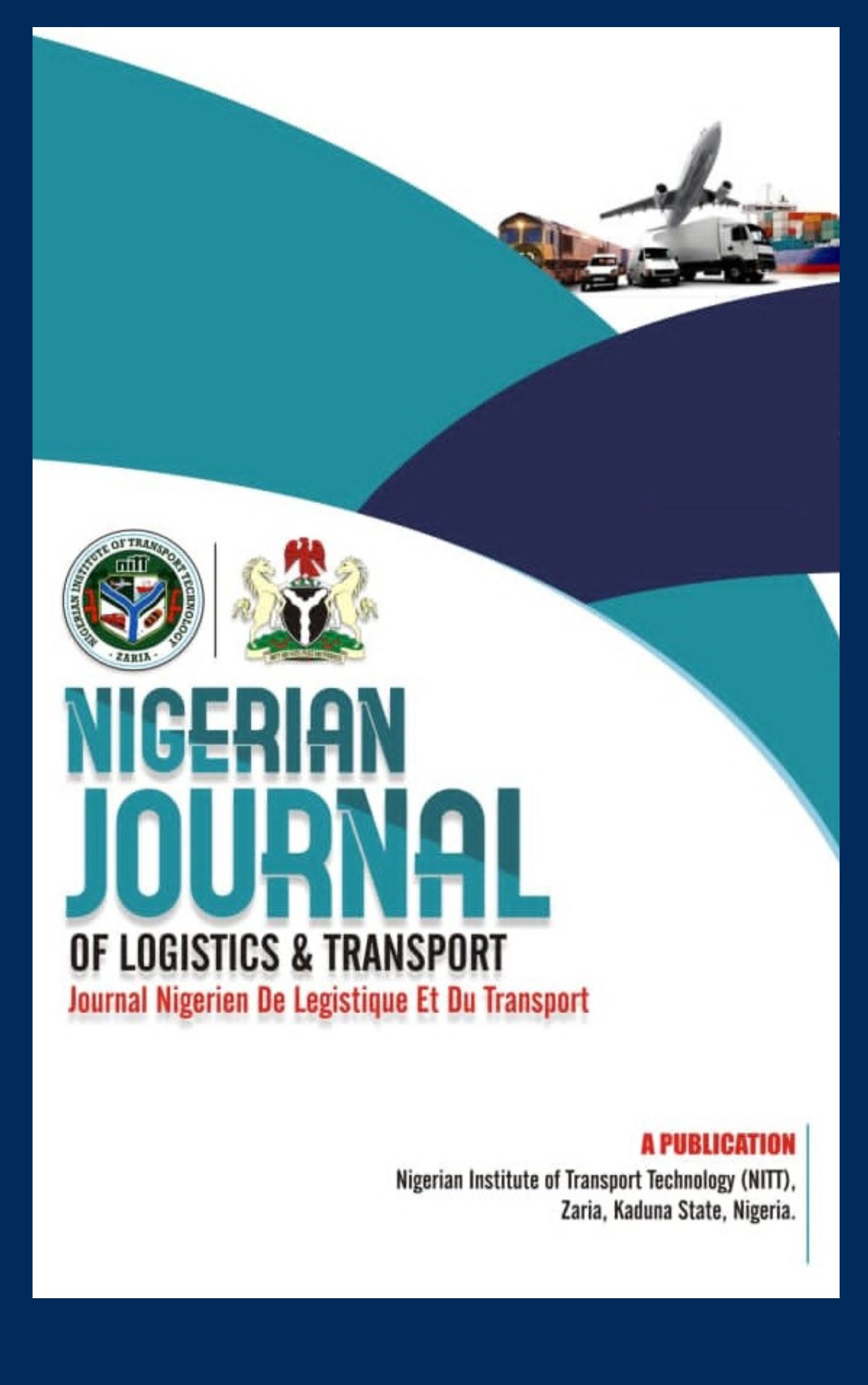Abstract
Crime is a global social cum spatial urban challenge in both developed and developing countries and this pose threats to socio-economic development, psychological discomfort, exacerbate intra and inter-city mobility, pose threats to spatial interactions and urban security, affect urban land-use, and city sustainability. There are limited studies among urban scholars, regional planners, transport analysts and other professionals in urban studies in analysing locations, spatial distribution and influence of the prevailing urban land-use on the prevalence of criminal activities, especially in public places. This paper is conceived to bridge this gap with a view to develop appropriate security measures and intelligence data gathering for addressing the menace of crime in public places using Abuja Municipal Area Council, Abuja as the case-study. 400 set of questionnaire were administered through stratified sampling technique amongst the respondents that stay in public places such as market, hotels, financial institutions, road intersections, transport corridors at the central business districts (CBDs) and other public places in the study area. The results were presented in tables and charts. The study reveals that the prevailing urban land-use for crime prevalence were commercial areas, transport land use such as road intersections, bus-stops, and round-about and peri-urban areas among others. The major categories of crime experienced in public places are theft (26.7%), assault and battery (22.10%) and armed robbery (19.21%). The study further shows that the factors responsible for crime in public places are associated with inadequate security measures (29.2%), high volume of passengers (20%), poverty, unemployment and inadequate utilization of CCTV for surveillance (15.3%). The major effects of crime in public places are fear (30.5%), public unrest (20.5%); and measures for the combating crime in public places is adoption of effective police patrol vehicle in public places for crime prevention (31.3%) among others. The study recommends among others deployment of law enforcement agencies along peri-urban areas, public places, bus stops and other areas vulnerable to criminal activities and avoid overcrowding of public places to curb the prevalence rate of crime in public places in the study area.



 National Library of Nigeria
National Library of Nigeria.jpg) Association of Nigerian Authors
Association of Nigerian Authors Nigerian Library Association
Nigerian Library Association EagleScan
EagleScan Crossref
Crossref